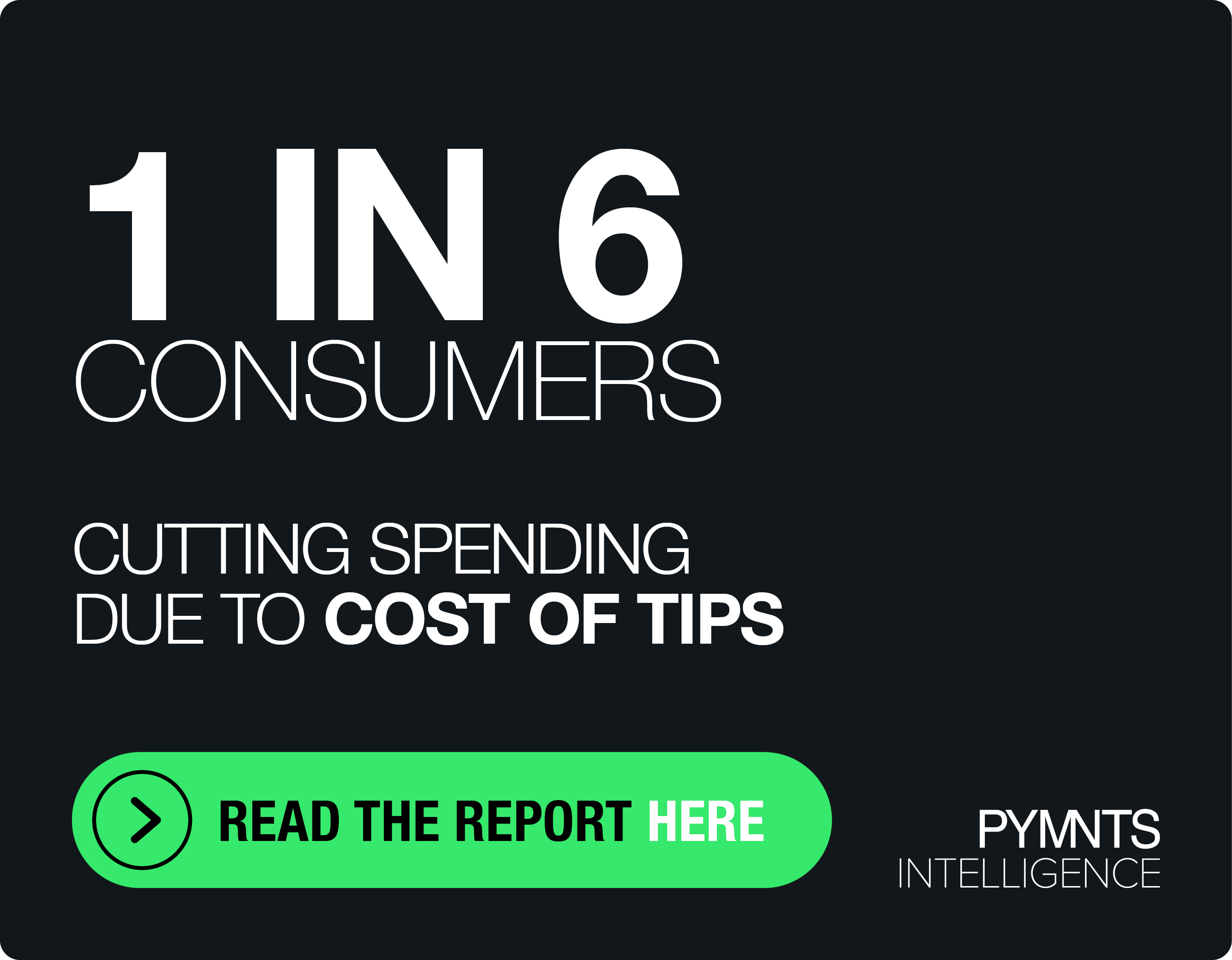Why The Blockchain Industry Is Eager For Regulation

Lawmakers have their work cut out for them as they take their first steps into regulating the world of blockchain. Everything from initial coin offerings (ICOs) to data protection has governments exploring how to regulate the market and protect consumers without stifling innovation.
In the U.S., one of the latest efforts to do so comes from Representative Warren Davidson (R-Ohio), who hosted a roundtable in Washington, D.C. this week. The discussion, “Legislating Certainty for Cryptocurrencies,” invited FinTech firms and crypto players to engage with policymakers. Reports in Finance Magnates on Wednesday (Sept. 26) said participants — which included representatives from Coinbase, Ripple and others — turned their attention to regulatory matters like taxation and the legal categorization of cryptocurrency as a security.
David Taub, representing McDermott Will and Emery, called for cryptocurrencies to not be labeled a security.
“In our experience with clients we’ve worked with in this space … for their platforms to be useful, the tokens on their platforms need to be freely transferable. And for them to be transferable, they need not be securities,” he said. “So, fundamentally, I think we would benefit from a clear definition of functionality.”
The publication said that one cryptocurrency network, Filecoin, sold $200 million worth of an investment contract called a Simple Agreement for Future Tokens (SAFT) on the basis that its token is a utility, not a security, giving rise to what some attendants at the roundtable described as the “Filecoin dilemma.”
The very presence of some of the top names in blockchain and cryptocurrency at the roundtable demonstrates the industry’s willingness to collaborate with lawmakers and smooth out much of the uncertainty plaguing the space today. However, the vastness of this market presents a long road for those lawmakers, too.
While the Washington, D.C. roundtable discussion focused on cryptocurrency and ICOs, a recent research paper released from blockchain firm R3 highlighted another topic of blockchain regulation: the legality of electronic documents used to facilitate trade finance, powered by distributed ledger technology (DLT).
“Legal recognition of electronic documentation will be a key enabler of blockchain-based trade finance solutions,” R3 stated in its report, “Code Is Not Law: The Legal Background for Trade Finance Using Blockchain,” written in conjunction with Shearman & Sterling and the Bankers Association for Finance and Trade (BAFT).
The paper outlines a possible path to streamlining such regulations, which R3 noted currently differ across jurisdictions.
“Revisions to the laws and regulations related to electronic negotiable instruments have been particularly uneven and slow to progress,” the authors added. “Currently, there is no U.S. regulation or law that recognizes electronic versions of negotiable instruments as such. This omission has inhibited the speed and scale of innovation in trade finance.”
The language in R3’s report, as well as the participation of blockchain and crypto industry stakeholders in Representative Davidson’s roundtable, make it clear that the market actually wants regulation.
“We all want fair and orderly markets; we want all the same things regulators do,” said Coinbase’s Mike Lempres during the roundtable, according to reports. “It doesn’t have to be done in the same way it was done in the past, and we need to be open to that.”
Despite the challenge, lawmakers appear to be up to the task of addressing at least some of the regulatory uncertainties of this market. Ethereum World News reported this week that Minnesota Congressman Tom Emmer recently introduced legislation aimed at promoting innovation in blockchain and cryptocurrencies.
“Legislators should be embracing emerging technologies and providing a clear regulatory system that allows them to flourish in the United States,” Emmers said in a statement.
It’s not the first legislative effort in the U.S. affecting the blockchain space, and it won’t be the last. According to Finance Magnates, lawmakers also seem to understand the industry’s willingness to cooperate.
“What keeps coming up in my mind,” said one unidentified U.S. Chamber of Commerce representative during the roundtable, “is that this isn’t the Wild West. This is a lot of people trying to figure out how to comply, and I think this is the challenge that we don’t hear about in the media.”
